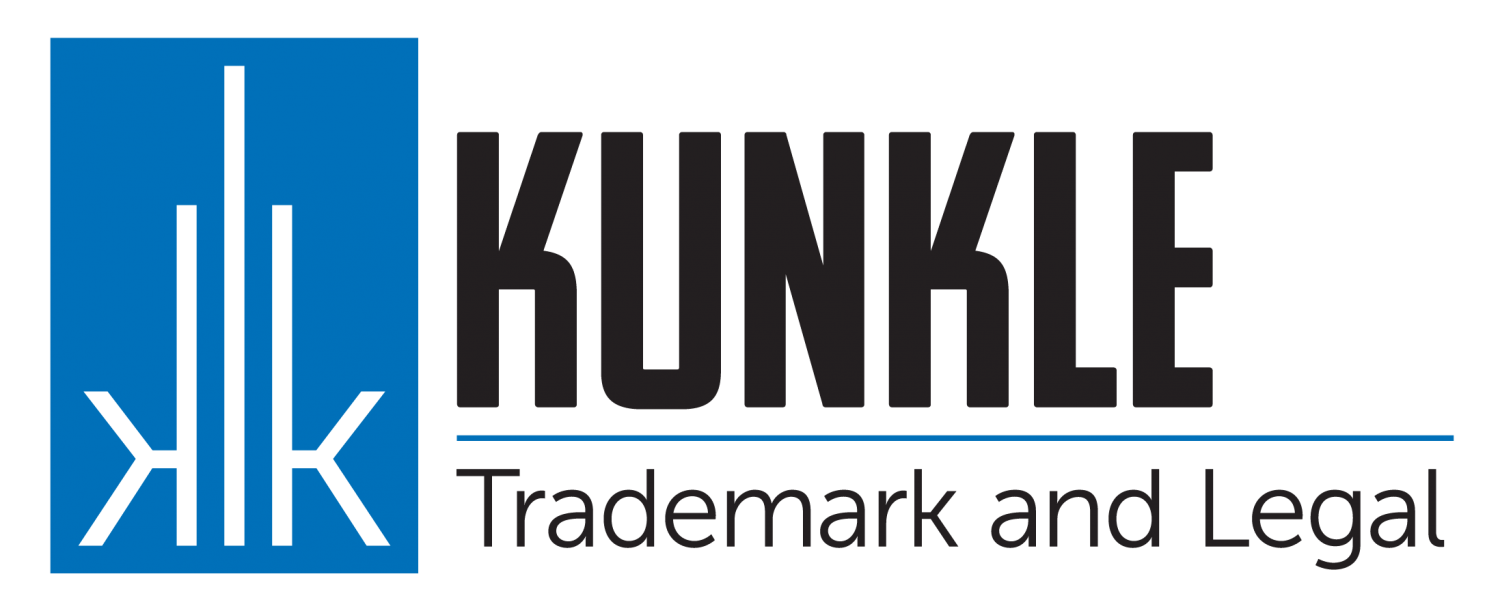Public Performance
What is a performance license?One of the exclusive rights of composers of songs is to control the right to publicly perform the song publicly. Of course with the way that the music industry has developed, it is not practical in most cases to go to the composer each time a radio station or concert hall wants to play a song for their customers. Coming to the rescue (Debatable, but that's another post) are the folks at ASCAP, BMI, and SEASAC (and a few others). These organizations, commonly referred to as Performing Rights Organizations (“PROs”), have entered into agreements with thousands of composers and music publishers for the right to represent them and to license their music to radio stations and venues. While technically everyone involved (DJ, sponsor, and venue) can be held to jointly infringe a copyright, in practice the venue and promoter is most often the one that is expected to have obtained a license for music performed.What is...
